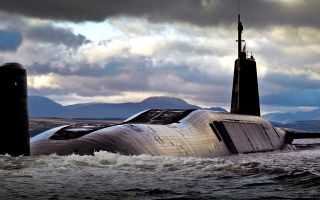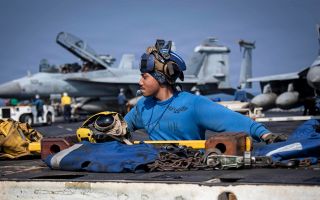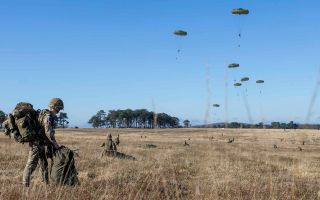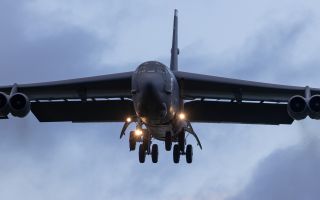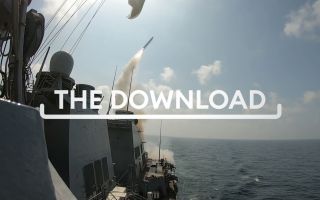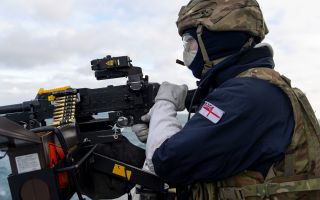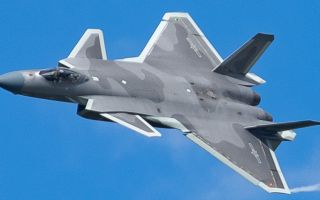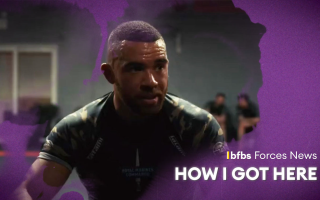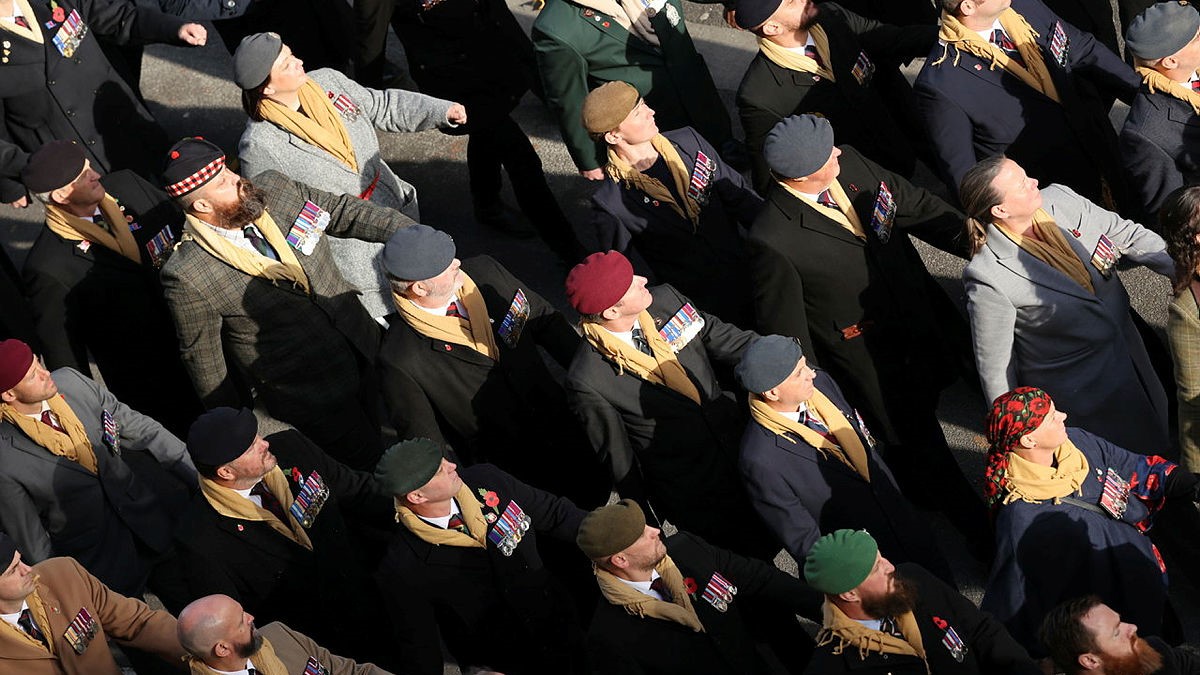
How I came to tell the story of Remembrance through the eyes of five veterans

With Remembrance celebrations often centred around the First and Second World Wars, this year I set out to discover how veterans from more recent conflicts recognise their service.
First, I had to choose which conflicts to focus on. My thought process was to pick four or five conflicts that resonated with the public thanks to their prominence in the public consciousness, such as Korea, the Falklands, the Gulf War, Kosovo and Afghanistan.
However, I ran into a bit of difficulty finding Korean veterans, as one source had died, while none of the organisations that I contacted had veterans who had experience that went that far back in time. This was interesting as I felt that it aligned with the categorisation of Korea as the "Forgotten War" as it receives comparatively less attention than the likes of Vietnam, for example.
I also reached out to British veterans' associations, such as the South Atlantic Medal Association 1982 and the Afghanistan Veterans Community, which are tied to these wars, to meet former personnel who fought in them.
I managed to find five veterans with the relevant experience needed for the feature, and set out to tell their stories.
The interviews were interesting to conduct, as I sought to highlight the voices within the conflict rather than just the conflict itself.
As a younger journalist, I recalled the Falklands can be seen as then-Prime Minister Margaret Thatcher's war, while I associated the Kosovo War with then-PM Tony Blair, the Nato air strikes, and the Srebrenica massacre.
Rather than focusing on the political figures involved, I sought to foreground the individual stories of personnel participating in these conflicts.
The interviews also unearthed some deeply meaningful and powerful moments, especially as Lance Corporal (Ret'd) Duane Ashworth explained how he felt after his son was awarded a posthumous Victoria Cross for his actions in Afghanistan. He also spoke movingly about the dark personal aftermath of his son's death as he slid back into alcoholism.
I found that the most powerful moment boiled down the 20-year conflict in Afghanistan, with all of its grand political players, to the relationship between a father and his son, and all that means.
Alongside the emotional depth of the interviews, they also revealed that there is a mundaneness and normality in how each veteran commemorates Remembrance.
Jonny Ball wanted younger people to turn up in the clothes that they were wearing that day, Lieutenant Colonel Gordon Mallett reminisced about the curries in the officers' messes in the past, and Sergeant (Ret'd) John Bryant said that after the Cenotaph parade, he goes for a drink with his old colleagues.
These veterans may have offered up their lives so that we might live in peace and freedom, but the way they commemorate their service is quietly, among friends, remembering those they have served alongside.

